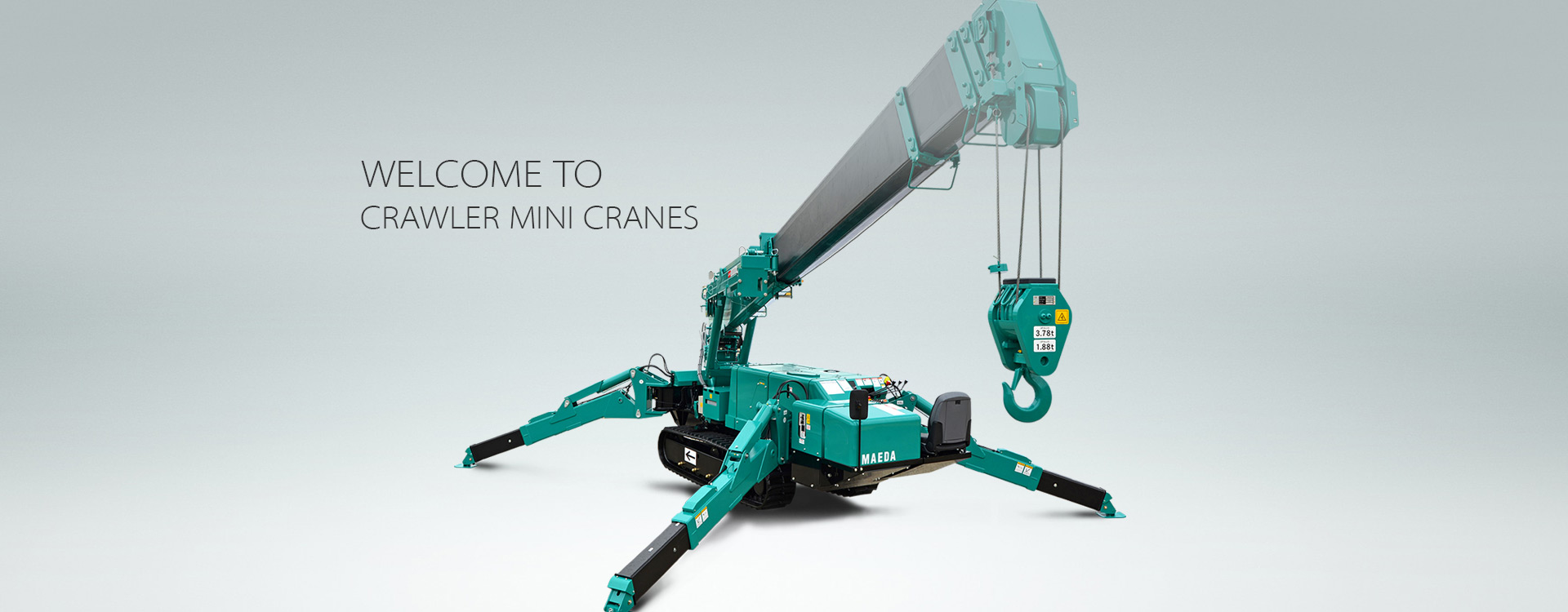Supplier of Winding and Torsion Testing Machines for Precision Material Analysis and Quality Assurance
The Importance of Winding and Torsion Testing Machines in Material Science
In the world of material science and engineering, the integrity and performance of materials are paramount, especially for industries that rely heavily on precise specifications and durability. One critical aspect of assessing these properties is through the use of winding and torsion testing machines. These specialized machines facilitate rigorous testing, ensuring that materials can withstand various stresses under real-world conditions.
What are Winding and Torsion Testing Machines?
Winding and torsion testing machines are sophisticated devices designed to measure the mechanical properties of materials, particularly focusing on their behavior under torsional loads — that is, forces applied in a rotational manner. Winding tests are often used to determine how much a material can be coiled without breaking, while torsion tests evaluate the material’s resistance to twisting forces. These tests are vital for materials used in applications ranging from aerospace to automotive, where safety and reliability are non-negotiable.
Applications Across Industries
These testing machines play a crucial role in diverse sectors. In the aerospace industry, for example, components must endure extreme conditions; thus, testing their ability to handle torsional stress is essential. Similarly, in the automotive sector, manufacturers need to ensure that parts like drive shafts and axles can withstand significant twisting loads during operation.
Moreover, the construction industry also benefits from winding and torsion testing machines. Materials like steel cables and reinforcements are tested for strength and durability, ensuring that structures can withstand environmental and operational stresses. Without such testing, the risk of material failure increases, posing potential hazards.
Key Features of Testing Machines
winding and torsion testing machine supplier

Modern winding and torsion testing machines come equipped with advanced features that enhance their usability and effectiveness
. Most machines are computerized, offering precise control over testing parameters. They can perform real-time data analysis, producing reliable results quickly, which is crucial in meeting industry standards and regulatory requirements.Additionally, these machines often have customizable settings, accommodating various material types and test specifications. This flexibility is crucial, as different materials behave differently under stress, and tailored testing protocols ensure accurate assessments.
Choosing the Right Supplier
When selecting a winding and torsion testing machine supplier, several factors should be considered. First and foremost, the supplier's reputation in the industry is critical. A well-established supplier with a track record of providing reliable and effective machines will generally be more trustworthy.
Moreover, after-sales support is vital. High-quality testing machines are complex, and ongoing maintenance and technical assistance can significantly influence their performance over time. A supplier that offers comprehensive training and support will help companies maximize their investment.
Finally, cost-effectiveness is always a consideration. While the initial expenditure is essential, it should be balanced with the machine's performance, durability, and efficiency. Ultimately, investing in a quality winding and torsion testing machine can lead to significant long-term savings through improved material quality and reduced failure rates.
Conclusion
Winding and torsion testing machines are indispensable in assessing the mechanical properties of materials across various industries. By providing critical insights into how materials perform under stress, these machines help manufacturers produce safer, more reliable products. As technology advances, the capabilities of these testing machines will continue to grow, ensuring that industries can keep pace with the demands of modern engineering and material science. Choosing the right supplier is crucial for organizations looking to enhance their testing procedures, making informed decisions that will benefit their operational success in the long run.
-
The Role of Tensile Force Testers in Quality Control and Material Science
NewsAug.01,2025
-
Maintenance and Safety Tips for Aging Ovens
NewsAug.01,2025
-
Density Balance in Forensic Science
NewsAug.01,2025
-
Advanced Optical Measurement Technologies
NewsAug.01,2025
-
A Buyer’s Guide to Tensile Test Machines
NewsAug.01,2025
-
Why the Conductor Resistance Constant Temperature Measurement Machine Redefines Precision
NewsJun.20,2025
 Copyright © 2025 Hebei Fangyuan Instrument & Equipment Co.,Ltd. All Rights Reserved. Sitemap | Privacy Policy
Copyright © 2025 Hebei Fangyuan Instrument & Equipment Co.,Ltd. All Rights Reserved. Sitemap | Privacy Policy

